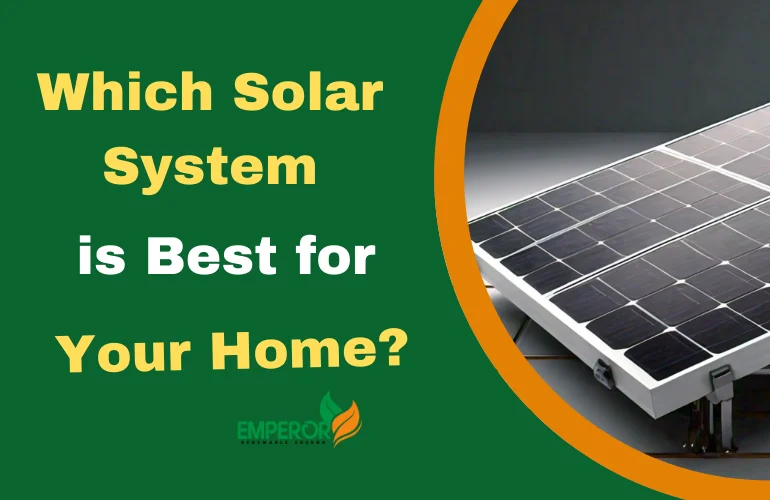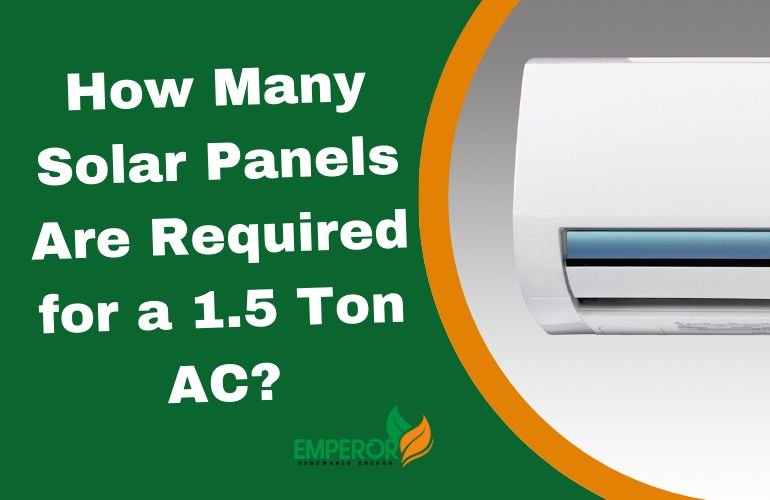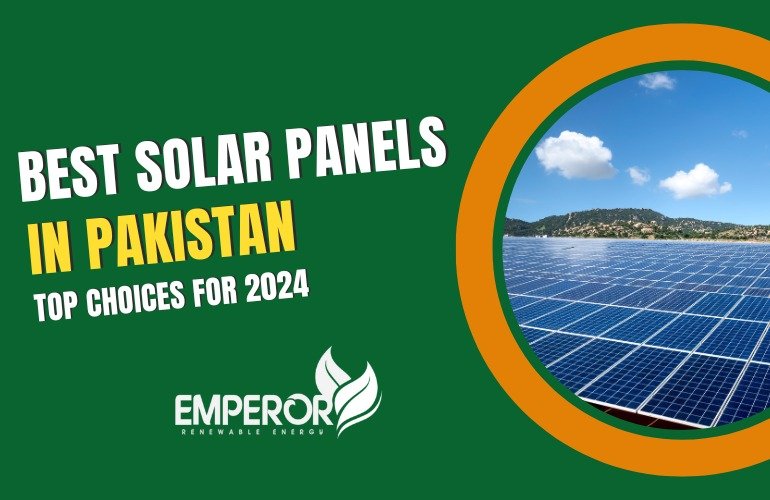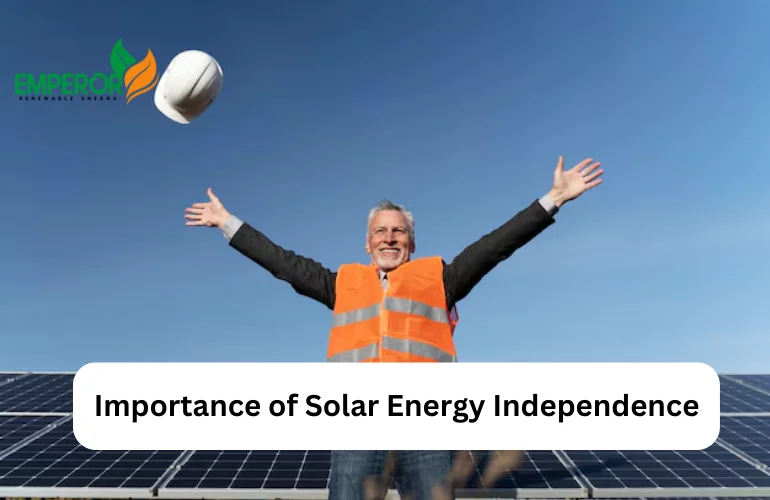The world is moving towards clean energy. More people are thinking about climate change and the need to use less non-renewable energy sources. Solar energy is a great option because it’s good for the environment and can save you money over time. But choosing the right solar system for your home can be confusing. In this blog post, we’ll talk about different types of solar systems to help you decide which one is best for your home.
Grid-Tied Solar System:
A grid-tied solar system is the most common type of solar system for homes. It connects to the power grid, and any extra power your solar panels make goes back to the grid. With this system, you can get credits for the extra power, which lowers your electricity bill. Grid-tied systems are cost-effective, need little maintenance, and are great for homes in areas with reliable power grids.
Off-Grid Solar System:
An off-grid solar system does not connect to the power grid. It relies only on solar power and needs a battery to store extra power for use at night or on cloudy days. This system is perfect for homes in remote areas or for people who want to be independent of the power grid. However, off-grid systems are more expensive and need regular maintenance.
Hybrid Solar System:
A hybrid solar system combines grid-tied and off-grid systems. It connects to the grid but also has a battery to store extra power. During power outages, the battery provides power to your home. Hybrid systems are great for people who want to be self-sufficient but still benefit from grid power.
Portable Solar System:
A portable solar system is small and mobile. It can power small devices or appliances, making it ideal for camping, outdoor activities, or as a backup during emergencies. Portable systems are affordable, easy to set up, and need little maintenance.
Types of Solar Panels
Solar panels are key to any solar system as they turn sunlight into electricity. There are three main types:
- Monocrystalline: These are made from single silicon crystals. They are the most efficient and produce the most power per square foot but are also the most expensive.
- Polycrystalline: These are made from multiple silicon crystals. They are less efficient than monocrystalline panels but are cheaper.
- Thin-Film: These are made from a thin layer of photovoltaic material. They are the least efficient but the most affordable and can be used in various settings because they are flexible.
Types of Inverters
Inverters are important because they convert the DC electricity from the solar panels into AC electricity that your home can use. There are three main types:
- String Inverters: These are common in grid-tied systems. They are cost-effective and reliable but can lose efficiency if one panel is shaded or not working well.
- Micro inverters: These are installed on each solar panel and convert electricity right at the source. They are more expensive but can improve overall system efficiency.
- Power Optimizers: These are also installed on each panel and help regulate voltage and current to improve efficiency. They are less expensive than micro inverters and provide individual panel monitoring.
Choosing the Right Solar System
The right solar system for your home depends on your budget, location, and energy needs. A grid-tied system is a good choice if you want to save money on your electricity bill without spending too much. Off-grid systems are best if you want to be independent, but they cost more. Hybrid systems offer both benefits and are great for self-sufficiency with grid support. Portable systems are perfect for outdoor use or emergencies.
Conclusion
Solar energy is a big part of our sustainable future. Choosing the right solar system can help you save money and protect the planet. Emperor Renewable Energy offers a variety of solar solutions for homes and businesses. Our experts can help you pick the best system and install it efficiently. Contact us today to learn more about our solar systems and start your journey to a sustainable future.




